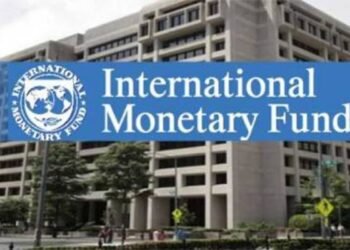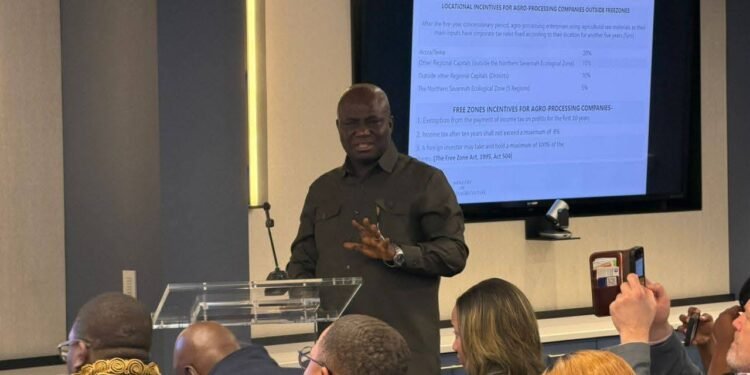The Monetary Policy Committee (MPC) of the Bank of Ghana has reduced the policy rate to 13.5% from 14.5%. This comes as a surprise to some experts who were confident of the Bank maintaining the policy rate. The Bank of Ghana announced this in a press conference that climaxed its 100th MPC meetings today.
This is the first time the Bank has reduced its policy rate after a 150 base point reduction in March last year as part of its monetary policy measures to cushion the economy.
“The Committee decided to lower the Monetary Policy Rate by 100 basis points to 13.5 percent. The Committee will continue to monitor price developments closely and take appropriate action, where necessary, to contain all potential pressures to the inflation outlook”.
The decision to reduce the policy rate anchored heavily on the uptick of economic activities, evidenced by the Bank’s high frequency economic indicators. Despite the uptick in economic activities, the BOG indicated that Consumer and business confidence reduced marginally in April as a result of the new revenue measures.
Another factor responsible for the reduced confidence is the recent instability in power supply which coincided with the survey period. This, according to BOG, has dampen sentiments but are viewed as temporary and should improve in the near-term.
Private sector credit growth still remains below pre-pandemic levels. Meanwhile, Bank of Ghana indicated that its recent data points to an increasing demand for loans. As such, it expects banks to respond to this increasing demand for loans to support the expected pick-up in economic activity.
“The banking sector remains sound and profitable, with adequate levels of capital and liquidity to withstand moderate to severe shocks. The industry has witnessed sustained growth in deposits, total assets, profits, and shareholder funds”.
COVID–19 policy and regulatory response measures
Furthermore, BOG noted that the COVID–19 policy and regulatory response measures have somewhat helped to mute the effect of the pandemic on corporates and households. As a result, the BOG is optimistic that these effects on economic agents will remain subdued in the near-term.
Also, the Central bank indicated that the execution of the budget for the first four months of the year has yielded some results. According to the Bank, it has some evidence that point to improvement in revenue collections and expenditure containment after the implementation of the budget. This, the bank said, will ensure real re-alignment to the consolidation path.
“The fiscal data shows that fiscal revenues have significantly outpaced developments a year ago but slightly lags behind target. The gap in revenue performance viz-a-viz the budgeted target has been somewhat compensated for by expenditure containment measures”.
However, in the near-term, the Committee outlined some potential risks to the fiscal outlook. These include wage settlements, energy IPP payments, and the potential for arrears build-up. Other risks include the potential for scaled-up expenditures associated with COVID-19 waves and mass vaccination efforts.
Also, the implementation of the Ghana CARES program may post some risks to the recent outlook. According to the BOG, the program must be carefully managed to minimize any deviation from the path of fiscal consolidation.
Growth Outlook
On growth outlook, BOG expects certain sectors to support a faster closure of the output gap in the medium-term. Some of these sectors include extractive industries, and general recovery in industry and the services sectors. Also, the Central Bank expects the steady rollout of the vaccination program to support in closing the output gap.
With regards to inflation, the Committee noted that headline inflation eased sharply to within the medium-term target band. The Committee attributed the decline to lower food prices and a tight monetary policy stance. Another importance factor is stable exchange rate conditions.
“Since the initial shock to inflation in April 2020, the forecast showed that inflation will be close to the central target by June 2021. These forecasts remain broadly unchanged and inflation would remain within the target band in the next quarter”.
However, the BOG cautioned that pressures from mostly rents and transport fares, would require some monitoring to anchor inflation expectations.
READ ALSO: There is a misconception about culture of silence- Pius Hadzide























